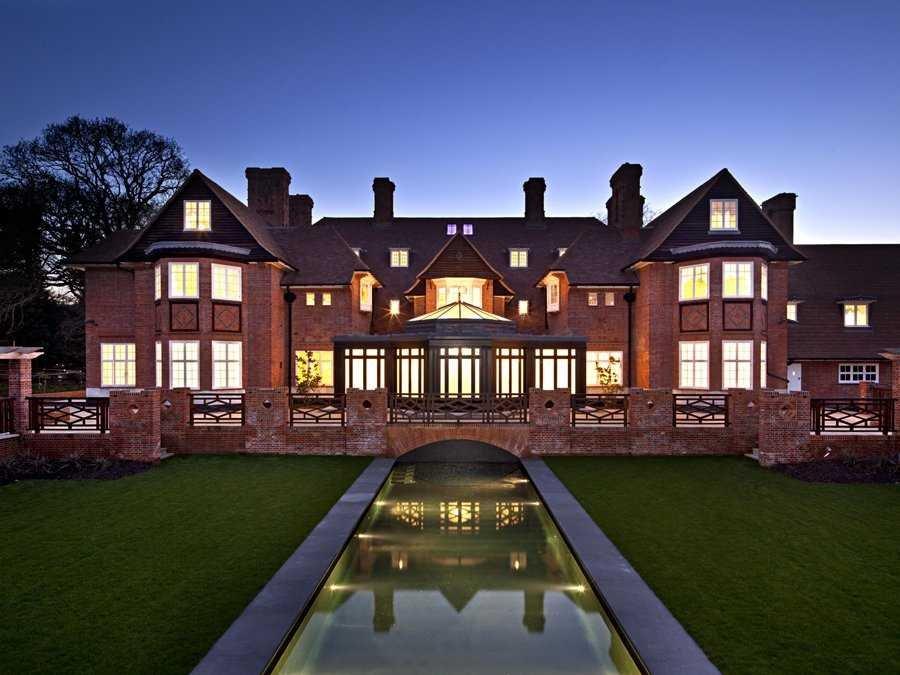Uncertainty over the future of Britain’s relationship with the EU and increasing residential property taxes have led to an 86 percent fall in super-prime property sales, according to the latest statistics from the Land Registry.
Over the three months to August 2016, seven times fewer super-prime properties – those above £10 million – were sold than in the same period last year. The average price paid for the top five most expensive sales fell 25 percent from £22 million to £16.3 million.
Sales in the UK’s capital remained stronger than the rest of the country, with all sales within the three months to August being on property in London. This is in comparison to the same period last year where 30 percent took place elsewhere in the country, according to data analysis by London Central Portfolio (LCP).
The reduction in super-prime activity in the last three months could have a negative effect for the British government, who may receive £45 million less in Stamp Duty receipts. According to LCP, these findings could significantly impact next year’s Stamp Duty receipts as top end sales, which were expected to counter lower levels of Stamp Duty under £1m, fall away and prices drop.
Naomi Heaton, CEO of LCP, commented: “Despite roughly stable Stamp Duty takings in the financial year to April reported by HMRC, next year may see a different picture, particularly as the it took account of a major rush in March. Transactions increased 72 percent over February as buyers sought to beat the 3 percent Additional Rate Stamp Duty (ARSD) deadline, buoying overall receipts.”
17/10/2016




